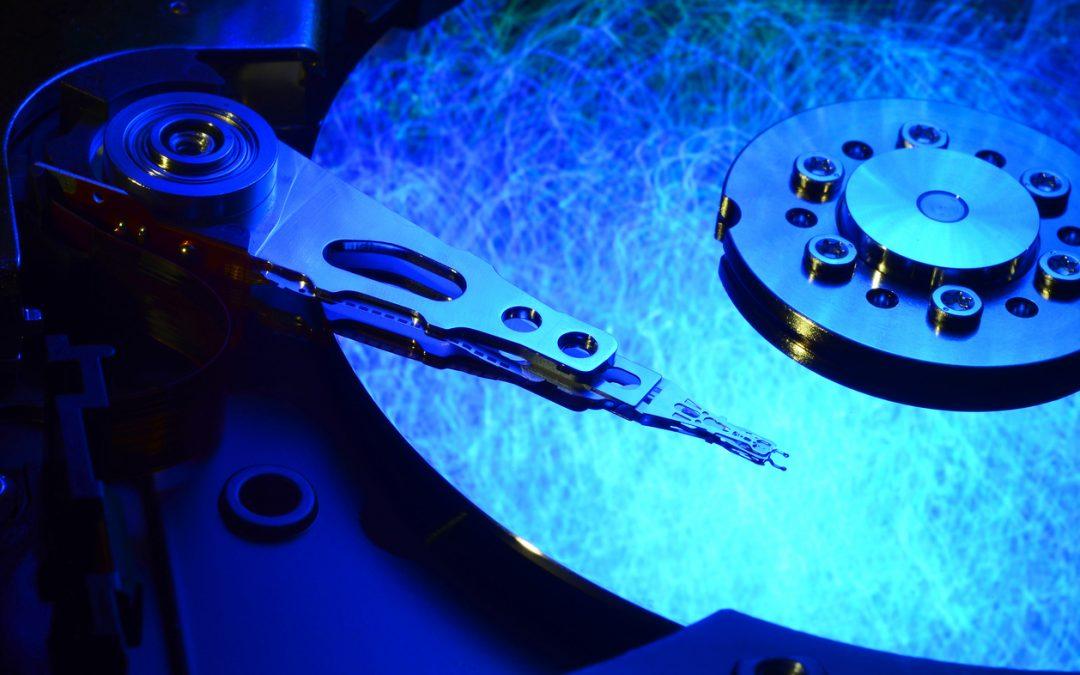Notifications

4 minutes, 16 seconds
-24 Views 0 Comments 0 Likes 0 Reviews

A hard disk drive (HDD) is an essential part of any computing system, storing everything from operating systems to personal files. However, just like any mechanical component, hard drives are subject to wear and tear. If not monitored, a failing hard disk can lead to irreversible data loss and system crashes. Recognizing the symptoms of hard disc failure early can save you from the frustration of losing valuable data. In this article, we’ll explore the common symptoms of hard disc failure, how to detect them, and best practices to prevent data loss.
Here are the most common signs that your hard disk might be on the verge of failure:
If your computer frequently crashes, freezes, or exhibits random restarts, it could be a sign of hard disk trouble. These issues often arise from a failing hard drive struggling to read or write data, causing system instability.
When a hard drive starts to fail, it may produce strange noises such as clicking, grinding, or beeping. These sounds usually indicate problems with the drive’s mechanical components (like the read/write arm or spindle motor) or physical damage to the disk itself.
A sudden and unexplained drop in system performance could be a symptom of failing storage. If files take longer to open, or the system freezes when accessing files, the hard disk might be unable to read and write data efficiently.
If files start disappearing, becoming corrupted, or showing strange characters when opened, it could be a sign that the hard drive is starting to fail. This is often due to bad sectors on the disk, where data cannot be reliably stored or retrieved.
A BSOD, or “blue screen of death,” is a critical error on Windows-based systems that often points to hardware failure, including hard disc failure. If you encounter frequent BSODs, especially during boot-up or while accessing files, the hard drive may be at fault.
If your computer continually asks you to run disk checks or repair file system errors, it could be a sign that your hard drive is losing its ability to manage and store data properly. In extreme cases, disk errors can cause a complete system crash.
When the system fails to recognize the hard drive during boot-up, or when external drives fail to mount, this could point to a failing or damaged hard disk. The issue may arise from a loose connection, corrupted sectors, or physical damage to the disk.
Recognizing hard disc failure symptoms early is crucial in preventing data loss. If you notice any of the symptoms mentioned above, it’s essential to take immediate action, whether that’s running diagnostics or backing up your data. Regular health checks, proper maintenance, and a good backup routine can significantly reduce the risk of losing important files due to a hard disk failure.

